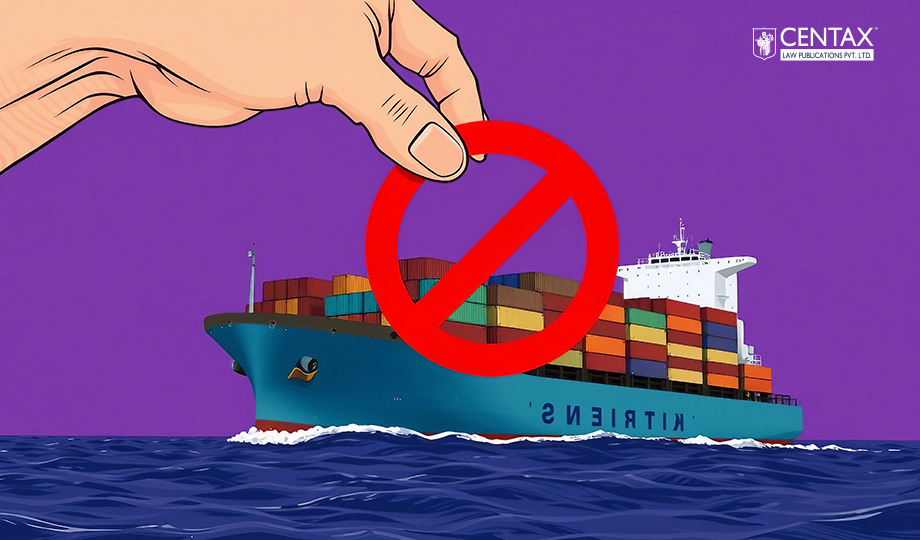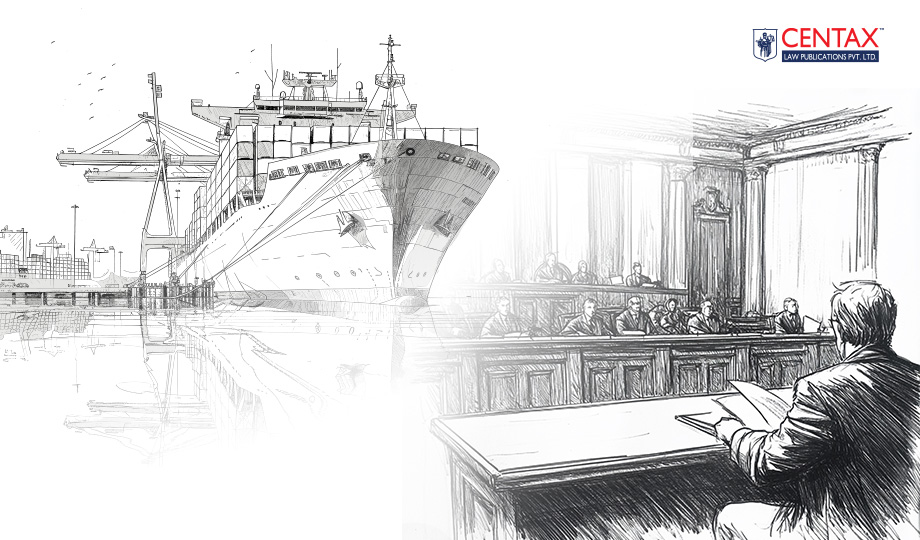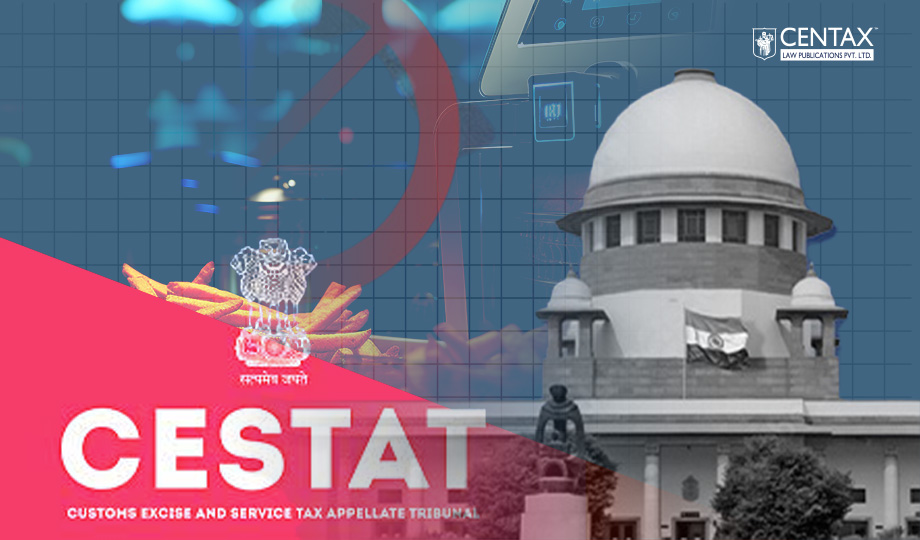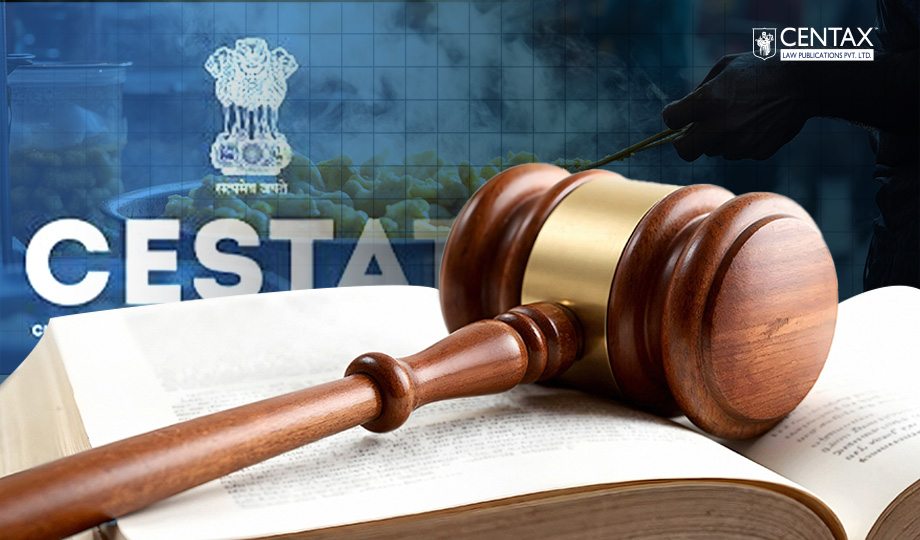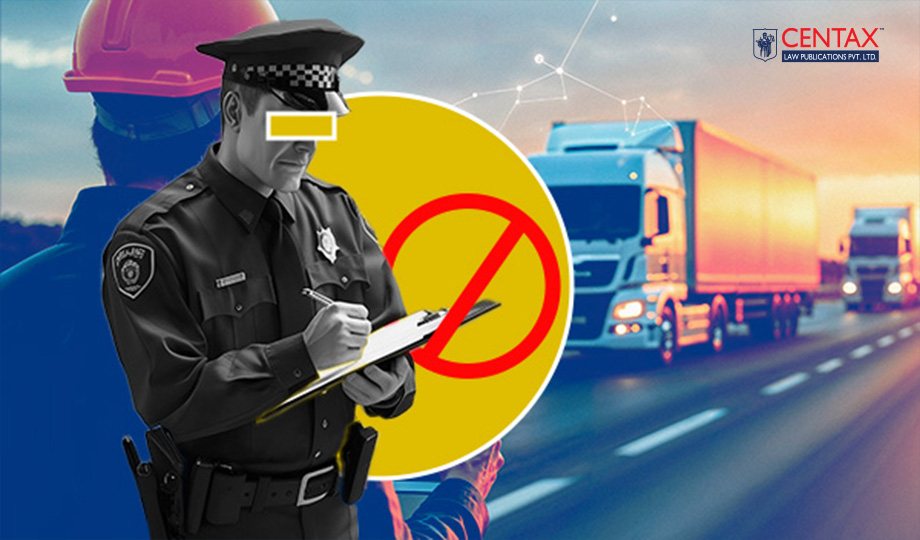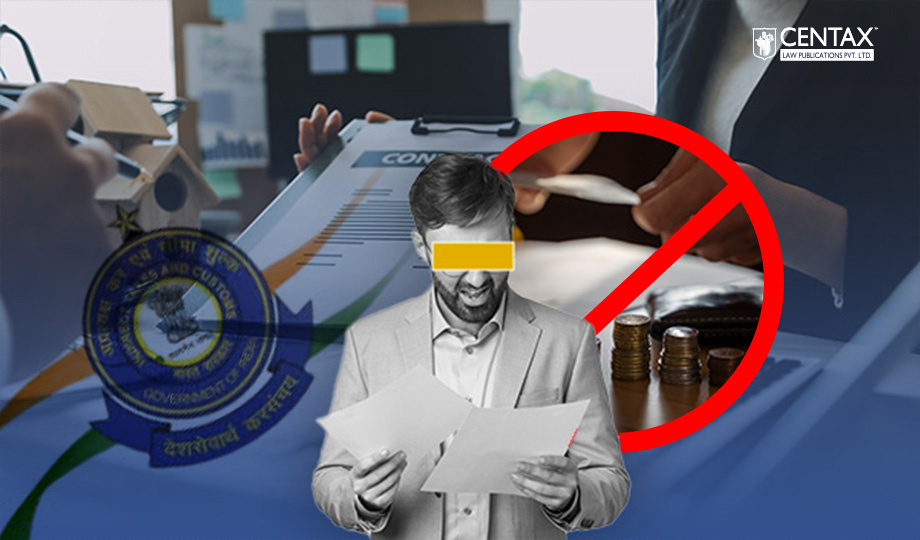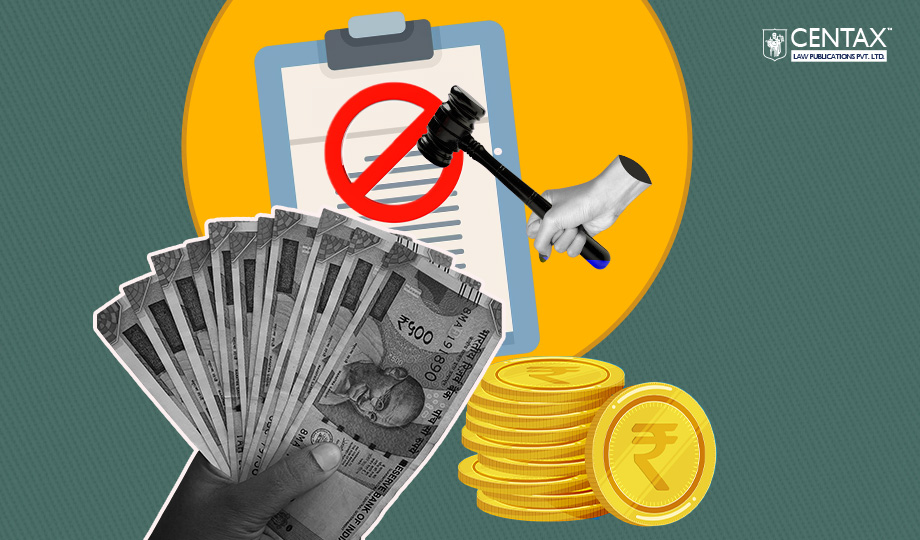
Case Details: ASP Traders Versus State of Uttar Pradesh (2025) 32 Centax 446 (S.C.)
Judiciary and Counsel Details
-
J.B. PARDIWALA and R. Mahadevan, JJ.
- Shri Pawanshree Agrawal, AOR and Ms. Aakriti Goel, Adv for the Petitioner.
- Shri Bhakti Vardhan Singh, AOR for the Respondent.
Facts of the Case
The petitioner, a registered person under the CGST Act, secured release of goods and conveyance intercepted during transit by paying applicable tax and penalty due to business exigencies. No formal order under section 129(3) of the CGST Act was passed by the jurisdictional officer. Despite the petitioner’s written request for such an order, the authorities stated that by virtue of section 129(5), the proceedings were deemed concluded upon payment, and no further order was required. The legal issue that arose was whether payment of tax and penalty, whether voluntary or otherwise, dispenses with the statutory requirement of passing a formal and reasoned order under section 129(3), particularly when objections have already been filed. The matter was accordingly placed before the High Court of Allahabad.
High Court Held
The Allahabad High Court held that section 129(5) of the CGST Act creates a legal fiction of conclusion of proceedings upon payment but does not eliminate the requirement of adjudication where a dispute or protest exists. It was held that the proper officer is duty-bound to pass a speaking order in Form GST MOV-09 and upload a summary in Form GST DRC-07 in accordance with rule 142(5) and “Circular No 41/15/2018-GST”. The Court emphasized that the language of section 129(3), particularly the words “and thereafter, pass an order”, makes it mandatory to conclude the proceedings with a reasoned adjudication order. Since the GST payment portal allows payment only through Form GST DRC-03, which defaults to voluntary classification and provides no mechanism to indicate protest, the payment made by the petitioner could not be considered voluntary. No written material was placed on record to show that objections were withdrawn, and a written reply could not be overridden by any alleged oral statement. The Court concluded that the proper officer’s statutory obligation to adjudicate under section 129(3) remains enforceable regardless of payment, and the absence of a protest mechanism should not prejudice the assessee. Accordingly, the writ petition was allowed in favour of the assessee.
List Of Cases Cited
-
Bhau Ram v. Baij Nath Singh — AIR 1961 SC 1327 — Referred [Para 16.2]
-
Commissioner of Customs (Import) v. Dilip Kumar & Company — 2018 (361) E.L.T. 577 (S.C.) — Referred [Para 5.5]
-
Kranti Associates (P) Ltd v. Masood Ahmed Khan — (2010) 9 SCC 496 — Referred [Para 18.1]
-
Sha Mulchand & Co. Ltd. v. Jawahar Mills Ltd. — AIR 1953 SC 98 — Referred [Para 16.2]











